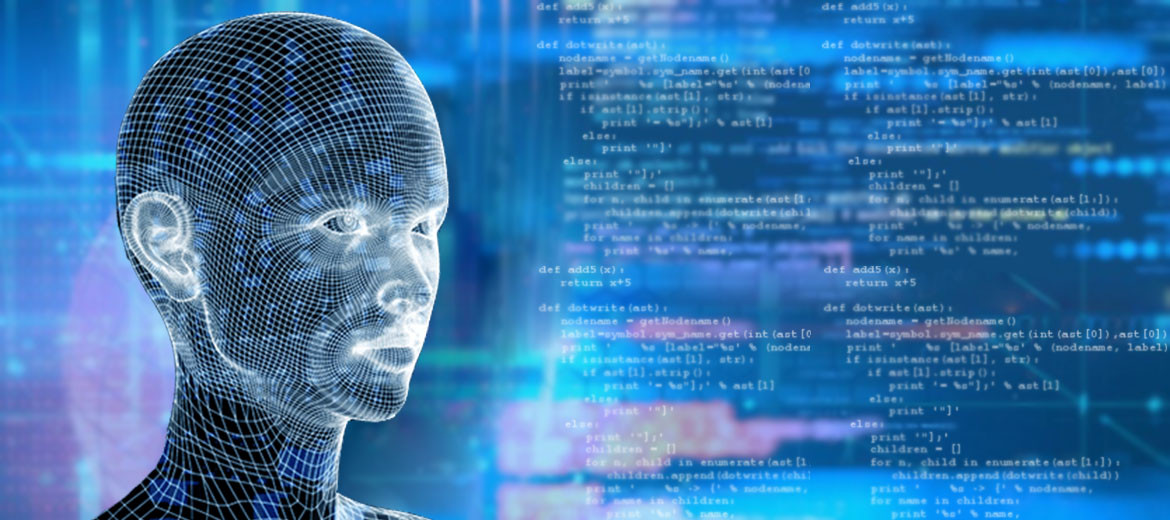As complexity increases, software engineers are increasingly assisted by intelligent automation tools. Will this trend eventually lead to software development being taken over by AI?
Object-oriented software development was introduced a few decades ago, and as a result, software engineering work environments have become increasingly sophisticated. This sophistication will continue to increase for the foreseeable future, but with increasing levels of automation. However, AI capability will reduce the need for routine human-based programming and increase the use of interchangeable components.
Can an increasingly sophisticated AI replace front-end developers? The short answer is, "No." However, writing many lines of code in a particular language will become a smaller proportion of a software engineer's role.
Problem solving through creativity, design skills, security awareness, performance tuning, effective implementation and a very broad level of understanding of how complex and sophisticated system components fit together will be a significant part of the role.
No-code, low-code, AI-enhanced platforms and composable (Lego-like) applications will grow in popularity as they enable businesses to be more productive, able to respond quickly to market changes and emerging opportunities.
Design thinking and mindset will be a core skill for IT professionals as increasing levels of automation, low-code environments and generative AI take an increasing proportion of the coding workload. Data-driven design, human-centered design, user interface design, diversity of experience, testing and learning will all be important skills to be successful.
However, the legacy of the last forty years means that traditional programming skills are unlikely to disappear anytime soon. Java has been the mainstay of enterprise application development for over two decades, with millions of lines of code powering the modern world. Full-stack JavaScript powers many websites and mobile apps. Python is extremely popular for machine learning, big data, AI, and IoT, and is still the primary language for scientific research.
Is AI engineering better than software engineering?
Rather than AI replacing the software engineer, the use of machine learning by skilled engineers will improve the outcomes of software engineering activities by augmenting necessary practices, such as GitHub's Co-Pilot: an AI tool for developers that can automatically complete lines of code, I can add entire lines of code, or I can add entire functions. This will continue to be refined to improve developer productivity and handle common bugs (or produce common bugs en masse if poorly developed/used!).
Another example is the CodeQL initiative – which can effectively provide actionable feedback to a developer who will be able to effectively find vulnerabilities in different scenarios.
What can AI do in software development and programming?
The use of artificial intelligence will increase in software engineering throughout the software development lifecycle to include activities such as:
- automating code reviews and performance optimization – using machine-learned parameters, avoiding repetitive regression and human-driven performance tests
- improving user experience by learning how certain users behave and adjusting the user interface adaptively with variable content to reduce customer churn rates, increase conversion rates and make interfaces more accessible
- automating repetitive DevOps activities around software deployments with a high level of intelligent control to protect against accidental mistakes during the deployment process
- improving the security approach during the development process through automatic code security reviews and assessment against known vulnerabilities shields; constant application of real-time in-use security assessment can be a dynamic way to maintain an increasingly critical area of software engineering
- increasingly intelligent software testing capability to drive test execution, qualify and reproduce problems reliably, shortening the development cycle and ensuring higher quality results
- applying AI in the design phase to provide a higher level of direct input when considering the pros and cons of architectural options
- improving the accuracy of estimates by applying experience from projects previous user stories, implementation methods and feature description
- automating code refactoring when the latest version of a particular technology is applied
- analyzing large system logs to identify and predict problems before they become critical and to re tackle error scenarios more intelligently
- improve developer productivity by recommending methods, parameter completion and prevent developer syntax errors by integrating AI into the development environment as an IDE (integrated development environment)
- improve developer quality by increasing coding syntax by auto-suggesting how to meet a functional requirement and advice on alternative methods that may be better under certain conditions
- non-downtime database upgrades/migrations - generally make non-downtime deployments easier to achieve and more popular
- automation in process – making developer environments frictionless and easier to identify and fix vulnerability dependencies. Potential automation of UI generation from sketches and documentation
Engineers will need to have a broader skill base as software engineering will increasingly become a generalist discipline with fewer routine tasks, fewer segmented specializations, a greater requirement great for composable architecture skills and an overall greater focus on performance, reliability, durability, and security than traditional programming.
You can purchase your favorite domains at the most convenient prices using the quick domain registration solution and invest in a secure and optimal hosting plan - choosing any of the NSHOST web shared, VPS or Cloud and allocate the necessary time to a caching policy suitable for your business to ensure optimal load times for each web page.


